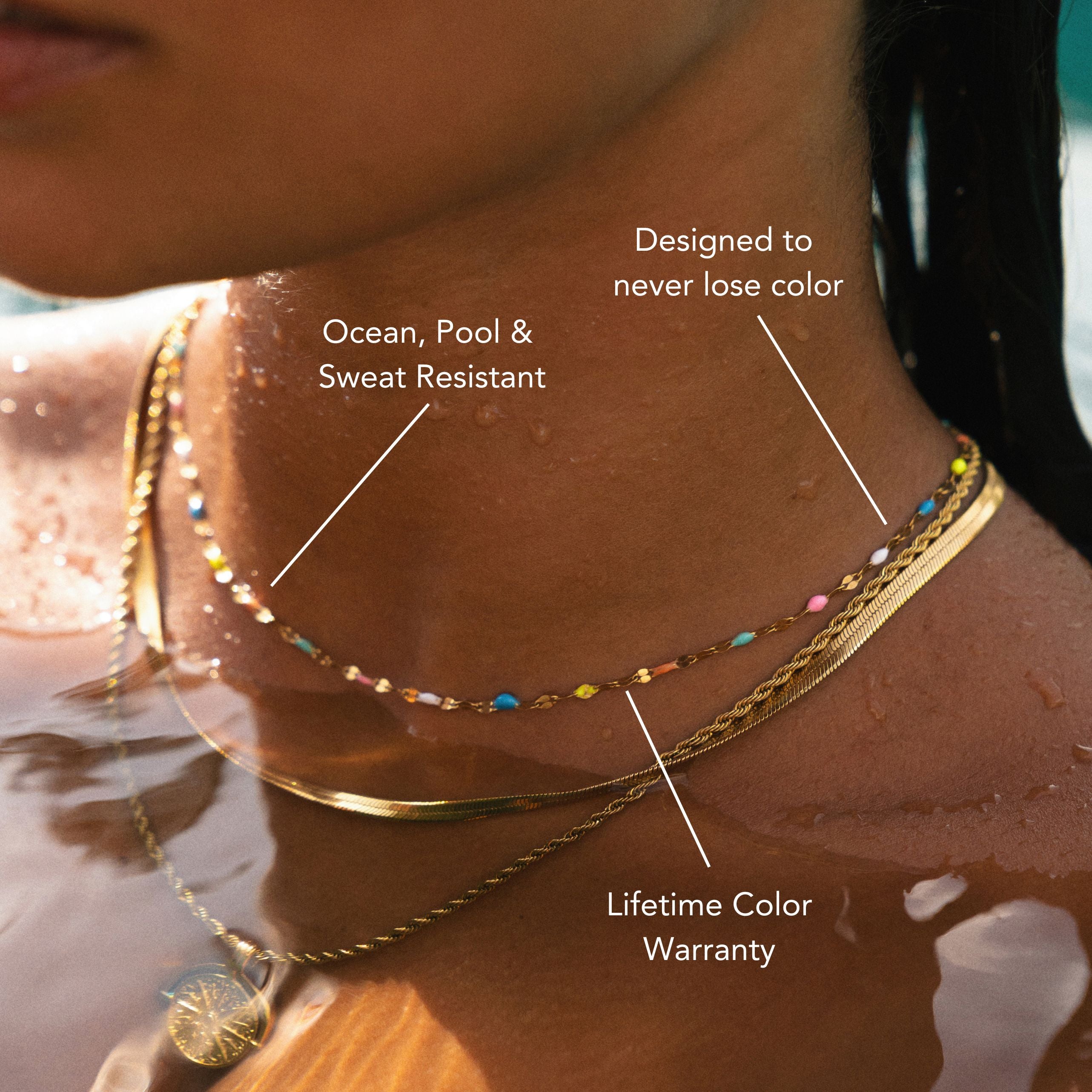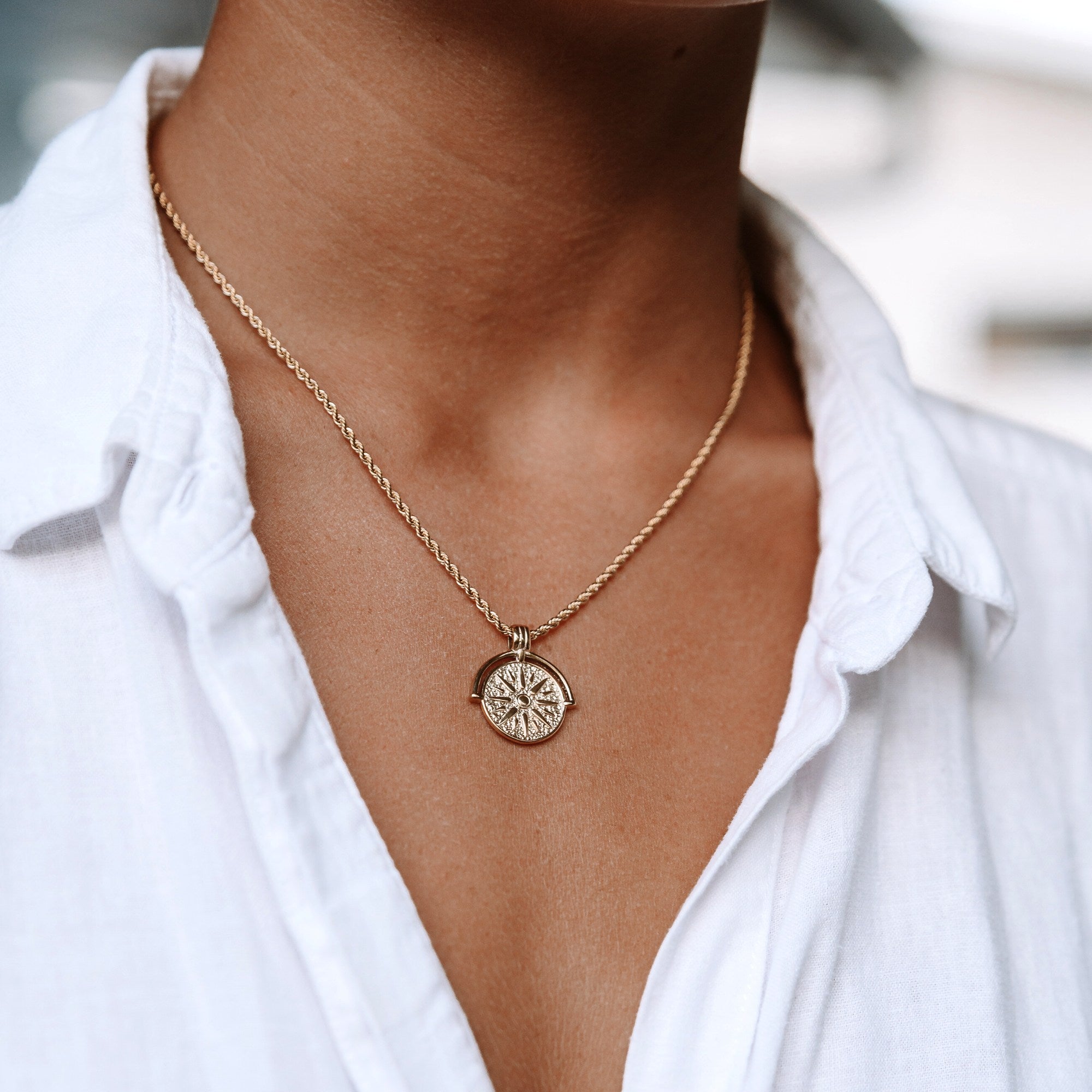
The Symbolism Behind Pearl Necklaces: What They Represent
Imagine being transported back to a time when pearl necklaces were not just fashion statements but powerful symbols laden with meaning. From ancient civilizations to modern-day couture, these lustrous gems have held a place of significance in societies worldwide.
But what do these timeless accessories truly represent, beyond their aesthetic appeal? Unlock the hidden depths of symbolism behind pearl necklaces and discover the layers of meaning they carry throughout history and across cultures.
Historical Significance of Pearl Necklaces
During the Renaissance period, pearl necklaces became a prominent fashion accessory among European nobility and were often depicted in portraits of royals and aristocrats. The famed Tudor monarchs, including Queen Elizabeth I, were frequently seen wearing lavish pearl necklaces, showcasing their status and power.
In the 20th century, iconic figures like Coco Chanel popularized the wearing of pearl necklaces among the elite and fashion-forward individuals, cementing their status as timeless accessories. Today, pearl necklaces continue to be a symbol of sophistication and refinement, carrying with them a sense of history and prestige that transcends trends.
Cultural Meanings and Traditions
In Chinese tradition, pearls represent wealth and status, making them popular in wedding attire to bring luck and prosperity to the newlyweds.
In Hindu mythology, pearls are believed to bring harmony and peace to the wearer, reflecting their connection to the moon and its calming influence. In Polynesian cultures, pearls are considered symbols of love and are often exchanged as gifts to express affection and devotion.
Additionally, in Western societies, pearls have long been associated with elegance and sophistication, making them a staple in formal occasions and high fashion. The diverse cultural meanings and traditions surrounding pearl necklaces highlight their universal appeal and timeless significance across different parts of the world.
Symbolism of Pearls in Different Religions
In various religions, pearls hold distinct symbolic significance that enriches the spiritual and cultural practices of their followers. In Christianity, the pearl is often associated with purity and the Kingdom of Heaven. Jesus used the metaphor of a pearl of great value to illustrate the preciousness of God's kingdom. This symbolism highlights the importance of spiritual wealth and the pursuit of divine truth.

In Hinduism, pearls are linked to the moon, which is a symbol of purity and beauty. They're often associated with the goddess Lakshmi, who represents prosperity, fertility, and abundance. Wearing pearls in Hindu culture is believed to attract wealth and bring blessings from the divine.
In Islam, pearls are seen as symbols of perfection, beauty, and purity. They're mentioned in the Quran as one of the beautiful things that will be enjoyed by the inhabitants of paradise. Pearls are also associated with wisdom and enlightenment in Sufi traditions, representing the inner beauty and purity of the soul.
Personal Meanings and Emotional Connections
Pearl necklaces often hold deeply personal meanings and emotional connections for individuals, reflecting unique stories and sentiments within each delicate strand. These necklaces are more than just accessories; they carry significant value in the memories and emotions they represent. For some, a pearl necklace may symbolize love and affection, perhaps given as a gift to commemorate a special occasion like an anniversary or birthday. Each time they wear it, they're reminded of the love shared with the giver.

Others may see pearl necklaces as symbols of strength and resilience, passed down through generations as family heirlooms. Wearing a pearl necklace that once belonged to a beloved grandmother or mother can evoke feelings of connection and heritage, bridging the past with the present. It serves as a tangible reminder of the strong women who came before, inspiring confidence and empowerment.
Whether inherited or acquired, pearl necklaces often become intertwined with our identities, carrying the weight of personal stories and emotional experiences that make them more than just jewelry.
Modern Interpretations and Trends
With a contemporary twist on traditional elegance, modern interpretations of pearl necklaces infuse sophistication into current fashion trends. Today, pearl necklaces aren't just reserved for formal occasions but are also embraced as everyday accessories that add a touch of refinement to any outfit. Mixing pearls with other materials like leather or metals creates a fusion of classic and edgy styles, appealing to a wider audience.
In recent years, layering pearl necklaces of varying lengths has become a popular trend, allowing for personalized and unique looks. This trend showcases individuality and creativity while still paying homage to the timeless beauty of pearls. Additionally, asymmetrical designs and unconventional placement of pearls on necklaces have emerged as innovative ways to modernize this traditional jewelry piece.
Moreover, the use of colored pearls or mixing different pearl sizes in a single necklace offers a modern take on the classic accessory. These contemporary interpretations of pearl necklaces cater to diverse tastes and preferences, making them a versatile and enduring staple in today's fashion landscape.
Frequently Asked Questions
Can the Color of a Pearl Necklace Affect Its Symbolism and Meaning?
Yes, the color of a pearl necklace can greatly impact its symbolism and meaning. Different colors can represent various qualities such as purity, wisdom, and success. Choose a color that resonates with you for a personalized touch.
Are There Any Superstitions or Myths Surrounding Pearl Necklaces in Different Cultures?
In various cultures, superstitions and myths surround pearl necklaces. They can be seen as symbols of purity, love, and prosperity. Some believe pearls bring good luck while others warn of misfortune if pearls are worn by brides.
How Do Pearls Compare to Other Types of Gemstones in Terms of Symbolism and Significance?
When comparing pearls to gemstones, consider their unique symbolism and significance. Pearls often represent purity, wisdom, and emotional healing. Unlike other gems, pearls are formed organically within oysters, adding a touch of natural beauty to their meaning.
Are There Specific Occasions or Events Where Wearing a Pearl Necklace Holds Special Meaning?
On special occasions like weddings, graduations, or job interviews, wearing a pearl necklace can convey elegance, purity, and sophistication. It holds special meaning as a timeless accessory that symbolizes grace and accomplishment.
Are There Any Unique Ways to Incorporate Pearl Necklaces Into Modern Fashion and Style Trends?
Incorporate pearl necklaces into your modern style by layering them with other necklaces for a trendy look, wearing them with casual outfits for a touch of elegance, or pairing them with a simple black dress for a classic ensemble.
Conclusion
Overall, pearl necklaces hold deep symbolic meanings that vary across cultures, religions, and personal connections.
From their historical significance to modern trends, pearls continue to represent purity, elegance, and sophistication.
Whether worn as a fashion statement or passed down as a family heirloom, the symbolism behind pearl necklaces is rich and diverse, making them a timeless and cherished accessory for many.



















Leave a comment
This site is protected by hCaptcha and the hCaptcha Privacy Policy and Terms of Service apply.